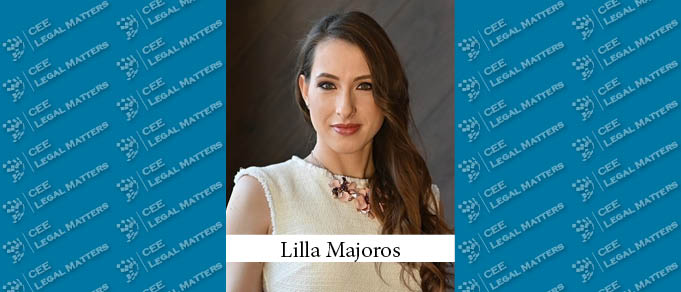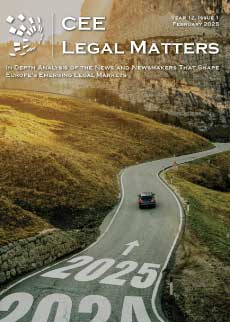At the beginning of the year, several legislative changes came into force that affect both our daily lives and general administration procedures. For example, when purchasing movables or digital goods, the implied warranty period has increased from 6 months to one year. Besides, the concept of residence and place of residence has also changed, and thanks to video-assisted procedures, we will soon no longer have to visit government offices in person. The temporary rules on remote work, though not as of January, will be laid down in legislation in an act upon the termination of the state of emergency.
As of 1 January 2022, entrepreneurs had to prepare for substantial changes. Pursuant to the Government Decree 373/2021. (VI. 30.), entered into force on the first day of the year, until proven otherwise, it must be assumed that the defect detected within one year of the receipt of the goods already existed at the time of the delivery of the goods. Accordingly, if the consumer identifies a material defect within 12 months of receipt in case of purchasing of goods, be it a refrigerator, a computer game or a telephone application, and informs the seller without delay thereof, the seller has to prove that it was not a hidden defect and that the goods functioned flawlessly at the time of the purchase. If this is not possible, the consumer can assert its warranty claims, which may ultimately mean that the price of the product is being refunded.
For example, in the case of a home automation software purchase, if the promised function is not implemented correctly by the product, the option has ceased to exist to repair the defect as a consumer or to have it repaired by a third party, followed by the cost of the repair being claimed from the seller. According to the new rules set out in the Civil Code, only the seller can be requested to repair the product from now on. One should also be aware that this change does not apply for purchases between consumers and consumers or in the case of real estate sales.
Changes in the concept of residence
With the arrival of the new year, the concepts of residence and temporary residence have also changed. As of January, the apartment or accommodation in which we live is no longer necessarily considered residence. From now on, the property from which we officially interact with the state, legal entities, organizations, etc. will provide this functionality. At the same time, the definition of temporary residence has been changed, which is now the address of the apartment where we will be staying for more than three months without the intention of changing residence.
The era of extensive video-assisted procedures may arrive
The new year also introduces changes in electronic procedures. As a result of the amendment of Act CCXXII of 2015, we can not only handle our affairs related to certain banks or public utility service providers comfortably online, but we can also do the same at government offices. The law amendment provides the related legal background, the digital developments of public bodies are still in progress. The first step of video-assisted procedures will be the identification of the customer, and then the administration can take place, during which video and audio recordings are being taken. The recordings will be stored for 1 year. For information on the state bodies enabling video management and the details, please visit the website of the Electronic Administration Authority (EÜF).
Remote working rules stay with us
During the state of emergency, remote work is subject to different rules compared to Act I of 2012 on the Labour Code (“Labour Code”). Following the Parliament's decision of 17 December 2021, these divergent rules remain with us, albeit with a minor amendment, even after the state of emergency has been lifted. For example, under the amended legal provisions, remote working will be considered permanent if the employee carries out the work, either part of the working time or in full, in a place separate from the employer's premises. Thus, working at home only on certain days of the week becomes remote work. The law no longer restricts the category to display screen activities. Part of the amendment is that remote work must always be agreed between the parties in the employment contract. The relevant amended provisions of the Labour Code are expected to enter into force on 1 July 2022, when the state of emergency is expected to be lifted.
By Lilla Majoros, Attorney at Law, act Ban & Karika Attorneys at Law



